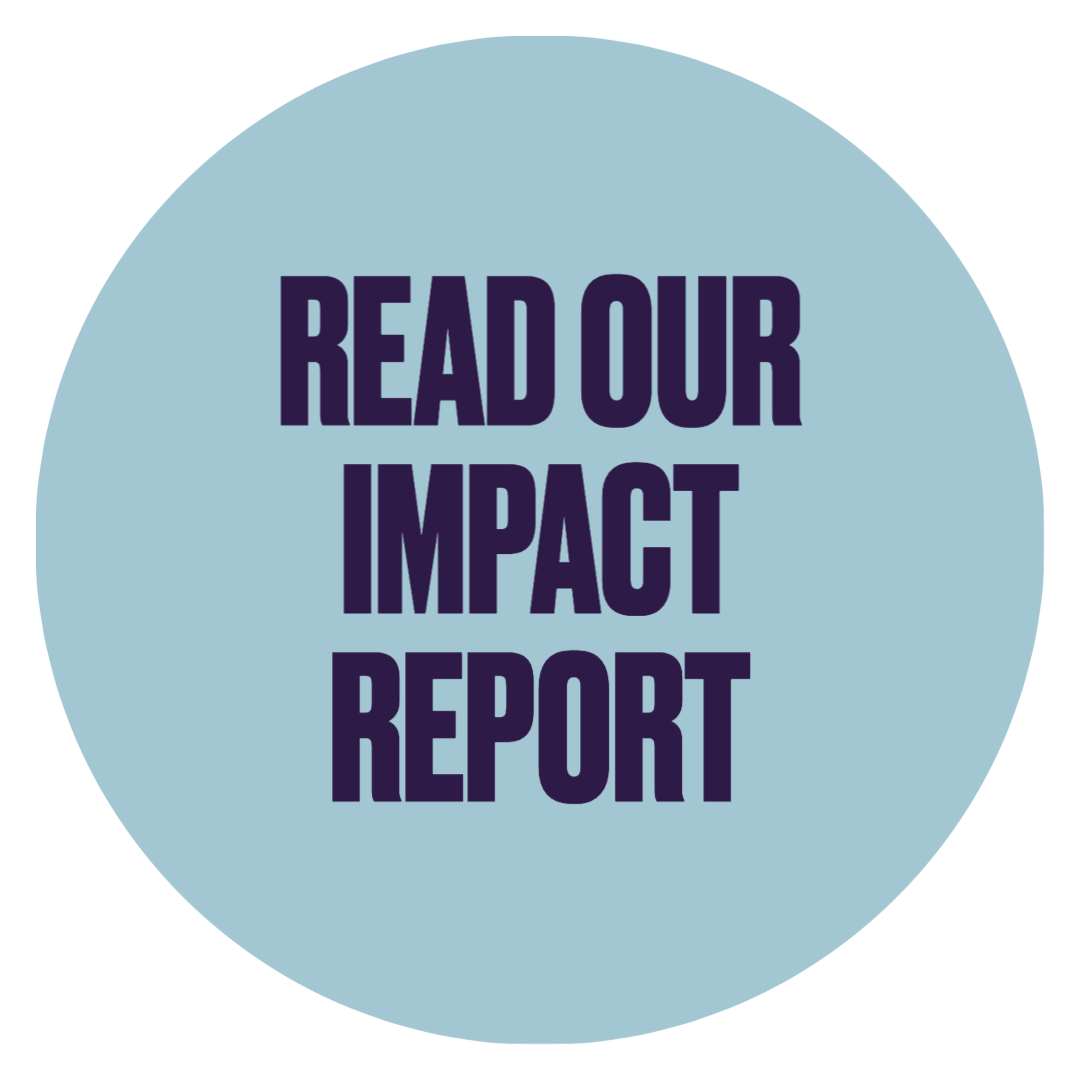
Updated April 2021
8%. That is the five-year survival rate for someone diagnosed with pancreatic cancer in Canada. This disease waits for no one, so neither do we – even amidst a global pandemic.
For over 40 years there has been a “one size fits all” approach to pancreatic cancer treatment that has kept the survival rate in the single digits. The lack of effective treatment options has been a devastating reality for all patients, but especially for the roughly 80% diagnosed with stage IV pancreatic cancer. When we talk to these patients and their loved ones we hear one thing consistently: they want more time.
While the COVID-19 crisis has caused many research projects to slow and even cease, Pancreatic Cancer Canada’s research program has not been idle. We have taken this time to prepare new research projects that will advance treatment options and improve standard of care, because pancreatic cancer patients don’t have time to wait.
We are so proud to see the diligent planning of our research community come to life with the launch of two landmark research investments: NeoPancONE and PASS-01.
Pancreatic Cancer by the Numbers
%
Mortality Rate
%
Die within four months
Canadian diagnosed annually
NeoPancONE
A phase II clinical trial that aims to be a curative strategy for resectable pancreatic cancer, NeoPancONE takes a neoadjuvant approach to treatment, which means that patients will receive chemotherapy before surgery to shrink their tumour and again after surgery to kill any remaining cancer cells.
The impact of this trial will be significant and far reaching. In addition to the neoadjuvant treatment, researchers will measure a potential biomarker called GATA6 – a gene identified during our past research investment in the COMPASS trial as one that can help identify pancreatic cancer subtypes. By measuring this potential biomarker, researchers will help doctors understand which patients will respond best to this treatment, learn more about the aggressiveness of this disease and ultimately save more lives.
PASS-01
A clinical trial that will finally address the diverse nature of this disease and provide personalized treatment options for advanced pancreatic cancer patients, PASS-01 is led by women scientists at the top of their field. PASS-01 is a collaborative effort that draws on the expertise of the most prestigious cancer research centres in Canada and the US to advance personalized medicine for pancreatic cancer patients. Using next-generation organoid technology, researchers will be able to efficiently test multiple treatments on a patient’s cancer cells to see which treatment would be most effective, ultimately giving patients the best chance at a longer life.
PASS-01 is yet another example of the impact of Pancreatic Cancer Canada’s past research investments. By studying potential biomarkers and disease subtypes identified by the ground-breaking COMPASS trial, PASS-01 is poised to succeed where other trials have failed, basing treatment decisions on the nuanced genomic information that varies from patient to patient.
I invite you to learn more about our research investments and consider joining us on this incredible journey by making a donation. With your help we will raise the rate of pancreatic cancer survival, together.
Sincerely,





Recent Comments